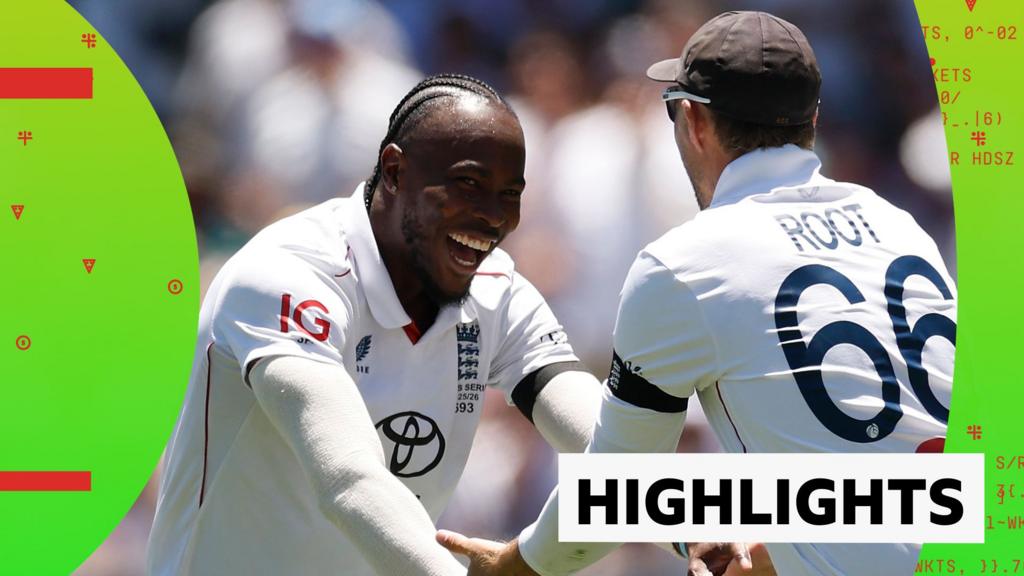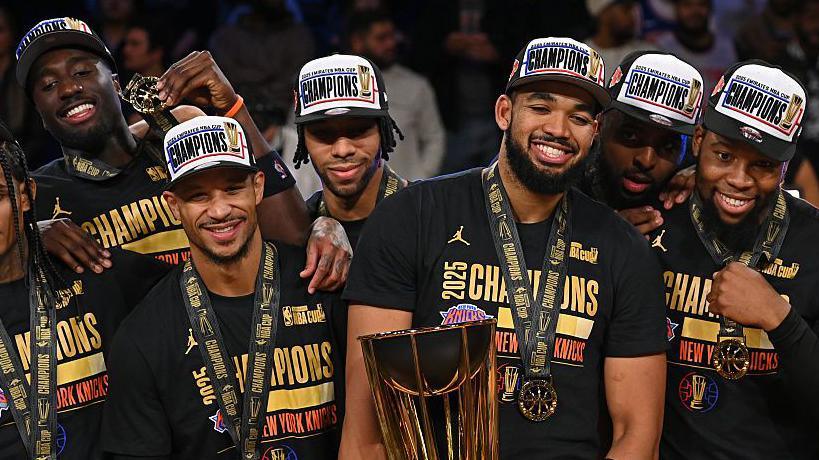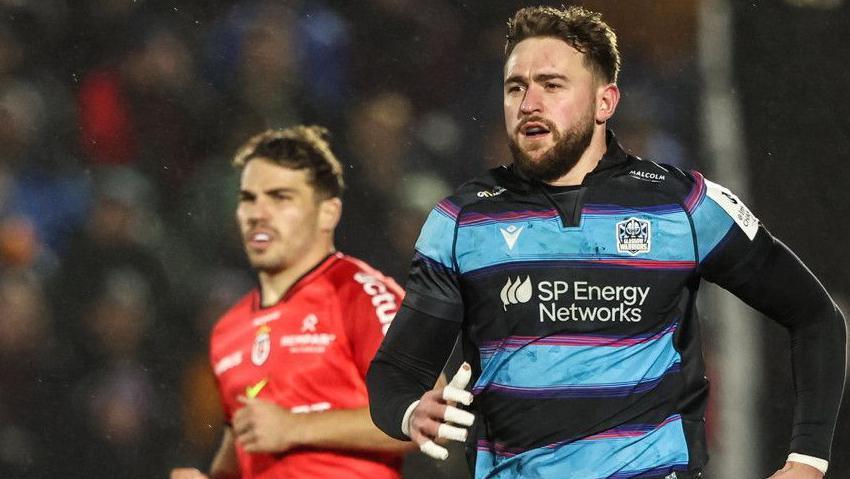
In response to allegations of bias and conflict of interest, former Attorney-General of the Federation and Minister of Justice, Abubakar Malami, has demanded that Olanipekun Olukoyede, the chairman of the Economic and Financial Crimes Commission (EFCC), be immediately fired from all matters involving him.
The former AGF argued in a statement made on Tuesday by Malami’s Special Assistant for Media, Mohammed Bello Doka, that the EFCC chairman’s continued involvement is “legally untenable, morally indefensible, and constitutionally impermissible,” making reference to Chapter 9 of the Justice Ayo Salami Judicial Commission of Inquiry Report.
While serving as Attorney-General, Malami supervised the establishment of the Justice Ayo Salami Judicial Commission of Inquiry to look into allegations of corruption and abuse of office, according to the statement. The current EFCC chairman was the commission’s secretary at the time, according to the report.
According to the statement, Chapter 9 of the Salami Report addressed senior EFCC officials’ conduct and responsibilities and created what it called “personal and professional exposure” for some people who are currently presiding over Malami.
It claimed that this circumstance “raises a reasonable suspicion of bias” and transforms ongoing EFCC actions into “retaliatory persecution rather than neutral law enforcement.”
Ngige pleads not guilty to an eight-count charge, also available for reading.
The office argued that the applicable standard does not establish actual malice but whether a reasonable observer would recognize bias based on established legal principles that were established upon recusal.
Under the current EFCC leadership, Malami is alleged to be unable to receive an impartial investigation or prosecution.
The statement also made allegations of violations of Malami’s fundamental rights, including the right to a fair hearing under Sections 35 and 36 of the 1999 Constitution, as well as what it termed a “trial by media” through selective leaks and public commentary.
Additionally, it charged the EFCC with harassing its employees without arraignment, criminalizing lawful actions taken while Malami was in office, and continuing to pursue the issue through untimely media exposure.
The former attorney-general is willing to undergo a fair and impartial investigation and be tried before a court of competent jurisdiction, but it rejects what it refers to as political settlements or intimidation, according to the office, which reiterated Malami’s position.
The EFCC chairman was ordered to recuse himself from all Malami-related matters, request the Federation’s current Attorney-General to transfer the case to an independent investigative body, and demand the EFCC’s request to immediately file any charges, if necessary, with a competent court.






